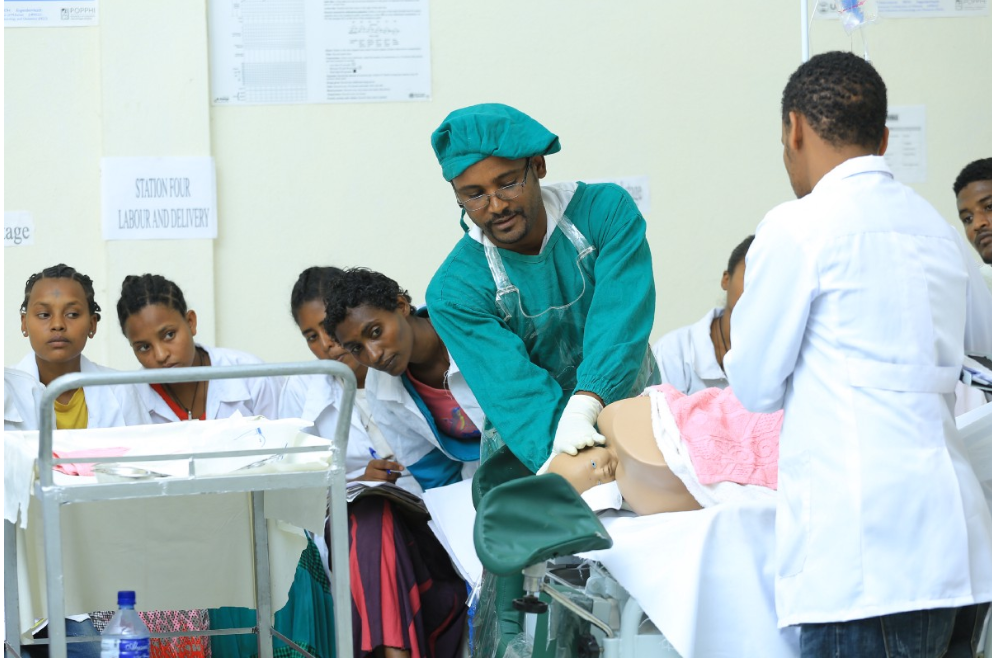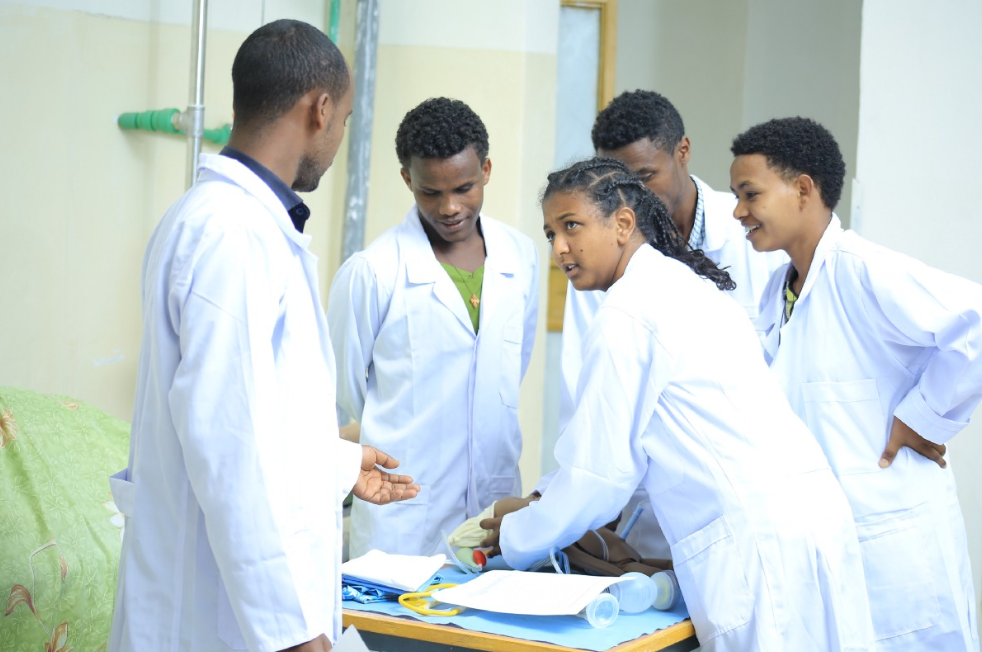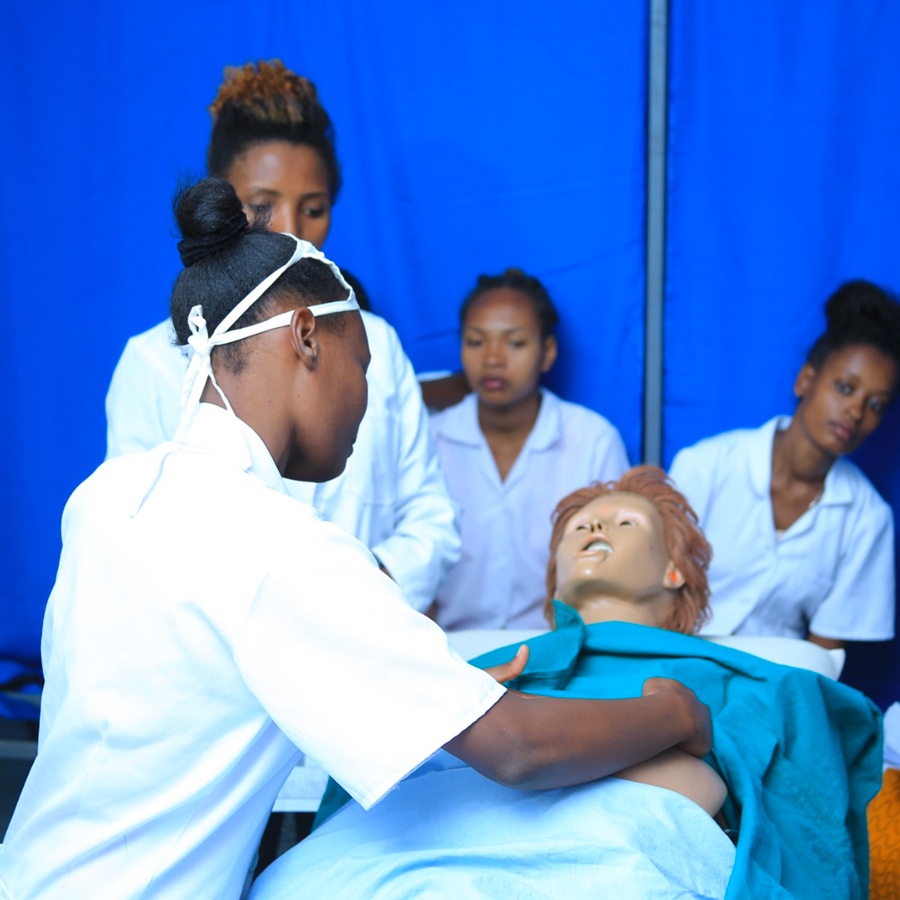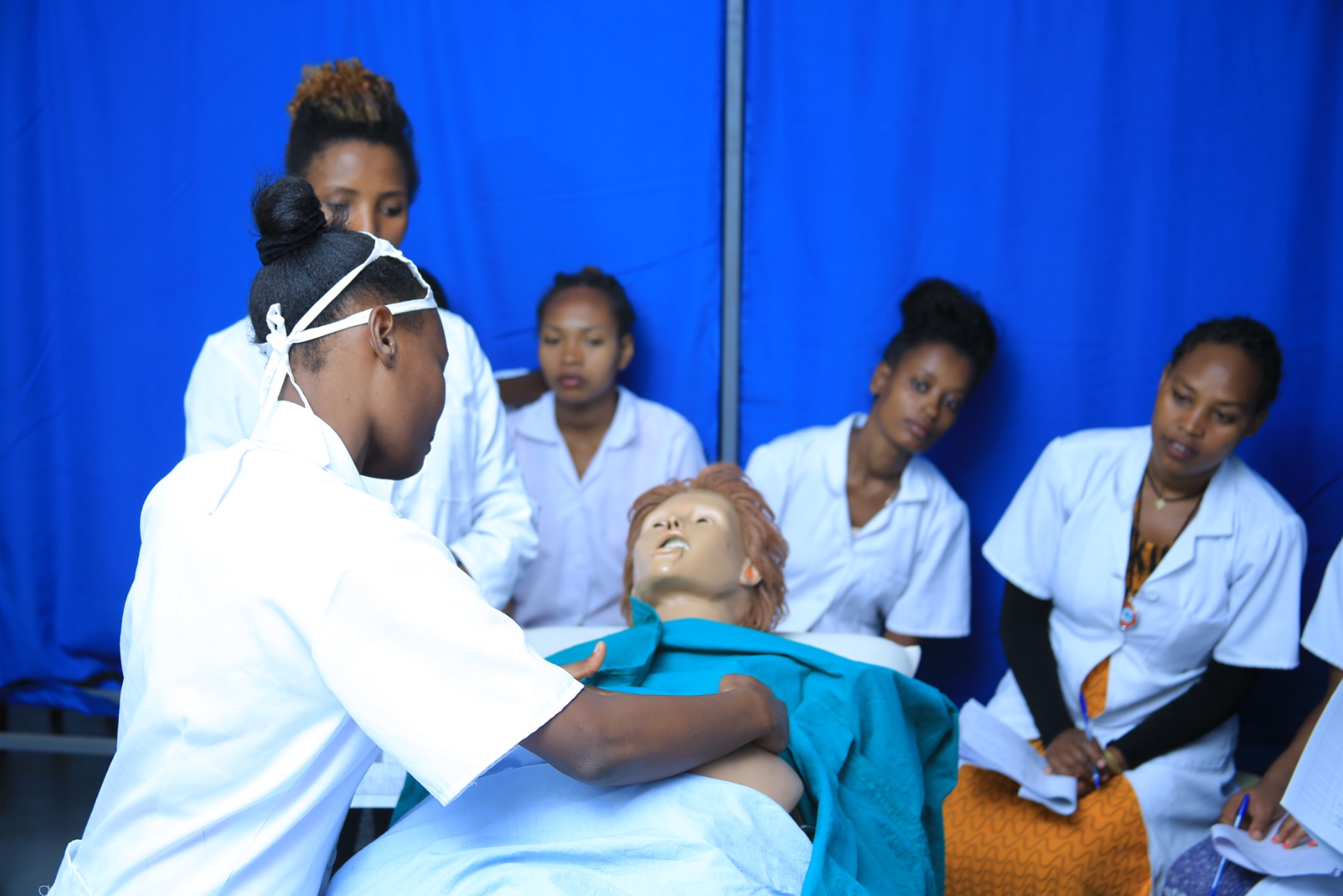
After 16 hours in labor at the local health center, Ergoye Nega received distressing news from her nurse — her unborn baby was in danger and she needed to get to the hospital immediately.
The 34-year-old mother understood the urgency. The nurse called for an ambulance and transferred Nega and her husband to Metema District Hospital, about 15 miles away.
“The surgeon quickly determined the situation and told me that I should be hospitalized for emergency surgery to save me and the life of my baby,” Nega recalled.
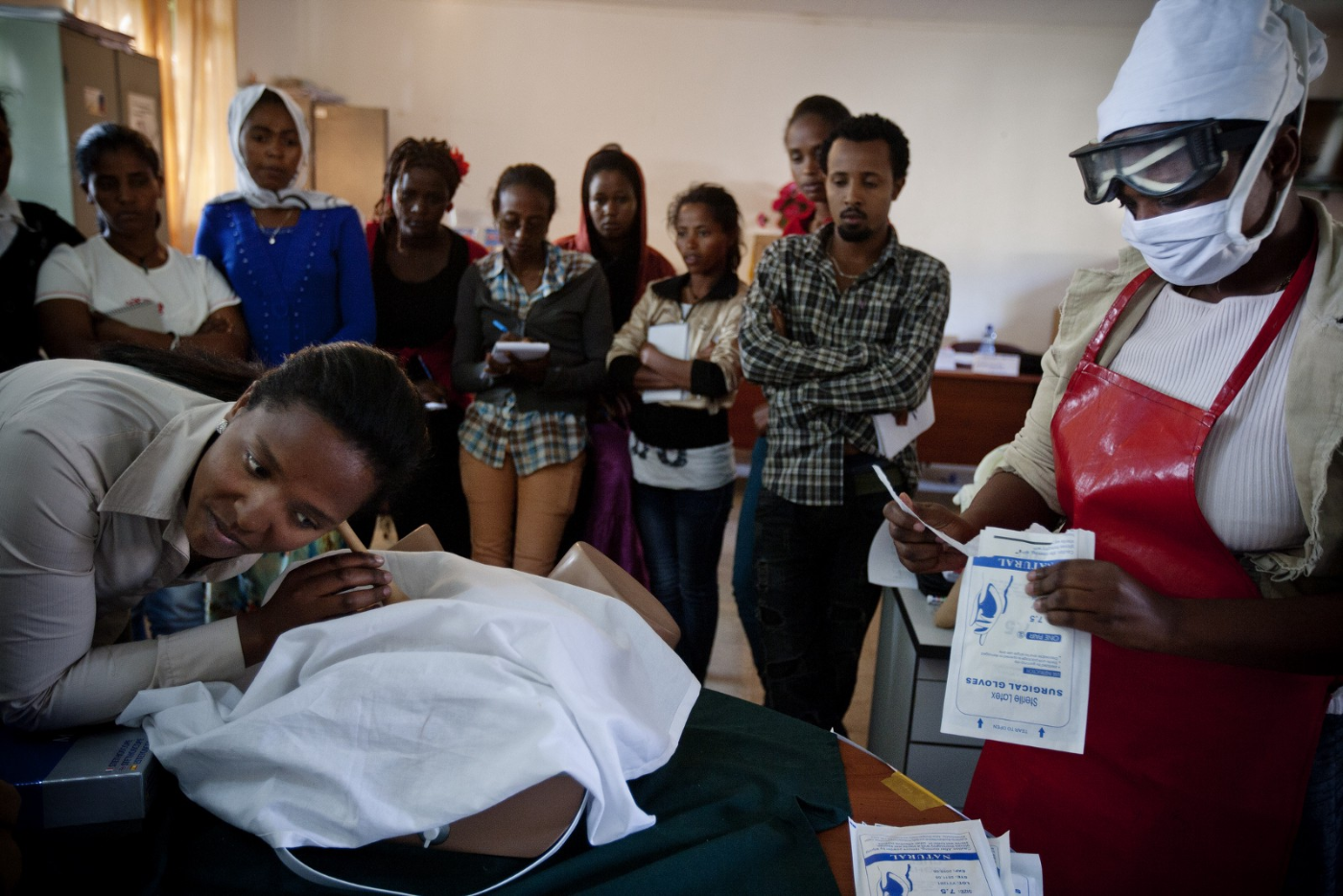
She was admitted to the hospital, and within 30 minutes, Nega was holding her healthy, 8-pound newborn son.
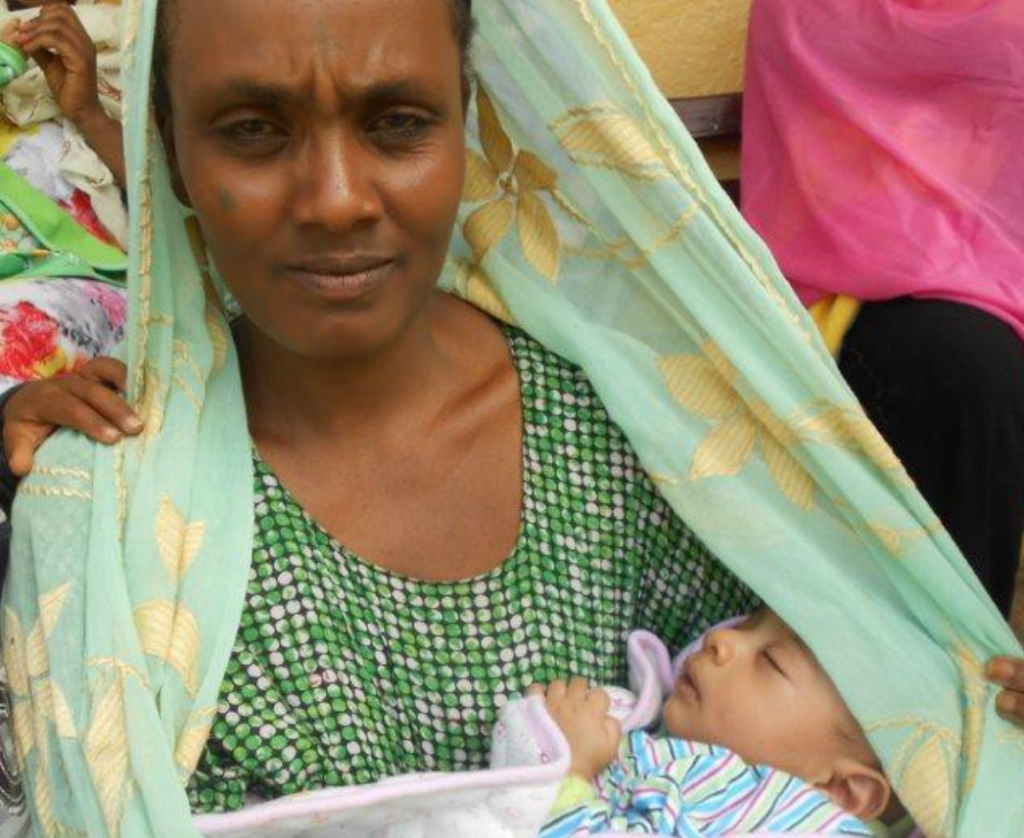 In 2013, Metema Hospital became a clinical teaching partner of the College of Medicine and Health Sciences at the University of Gondar. And Nega is just one of hundreds of women who have benefitted from emergency surgical care at Metema Hospital, thanks to the partnership.
In 2013, Metema Hospital became a clinical teaching partner of the College of Medicine and Health Sciences at the University of Gondar. And Nega is just one of hundreds of women who have benefitted from emergency surgical care at Metema Hospital, thanks to the partnership.
The Gondar-Metema partnership is one of six agreements supported by the US Agency for International Development’s Strengthening Human Resources for Health (HRH) Project. The
HRH project is working with the Federal Ministry of Health to strengthen Ethiopia’s health care system by developing a robust skilled health workforce to deliver and maintain high-quality, lifesaving care to prevent the needless deaths of women and children.
Before the Gondar-Metema partnership, cesarean and other essential surgeries had not been provided at the hospital since 2005. Pregnant women who experienced complications that required surgery had to travel more than 60 miles to reach a hospital that could save their lives.
Now, skilled and confident health care providers are regularly assigned to manage emergencies and complications at birth; essential materials are available; and the operating room is functional. Health care workers are better equipped to manage maternal and newborn conditions in the hospital and to coach nursing and midwifery students during clinical practice.
“My life was saved because the service was available on my arrival at Metema Hospital. If the service had not been there, my baby’s and my life would have been endangered. My baby is doing well now and my husband and I are very happy,” said Nega.
